Prometheus CEO outlines tech advances that could make CO2-to-fuels renewable gasoline and jet price-competitive with fossil fuels
Green Car Congress
JANUARY 30, 2020
Recent breakthroughs in separations and catalysis, along with long-trend reductions in solar and wind electricity costs, have significantly increased the potential for cost-competitive renewable fuels from direct air capture (DAC) of CO 2. TW of combined solar and wind capacity for the United States alone will be required.


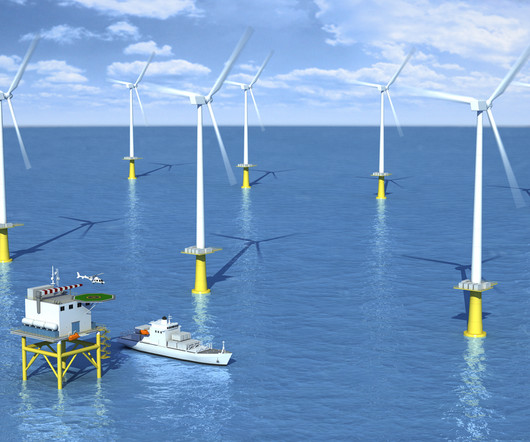
















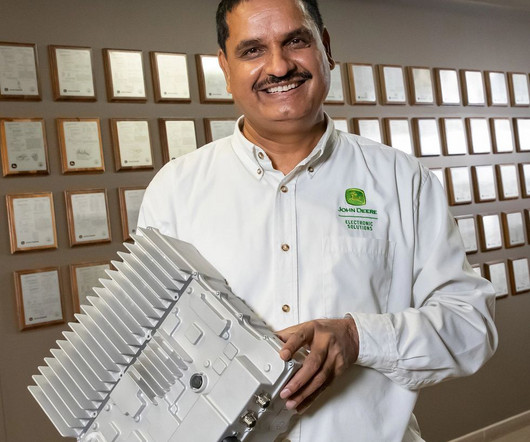




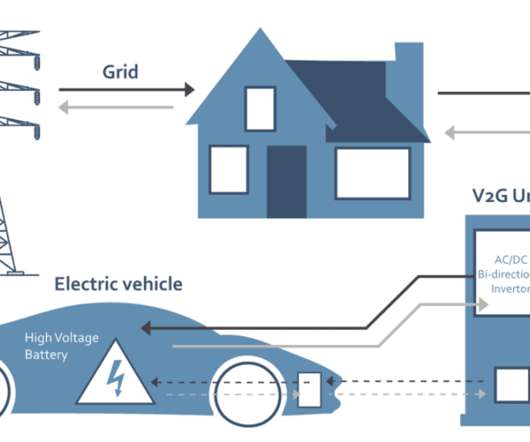



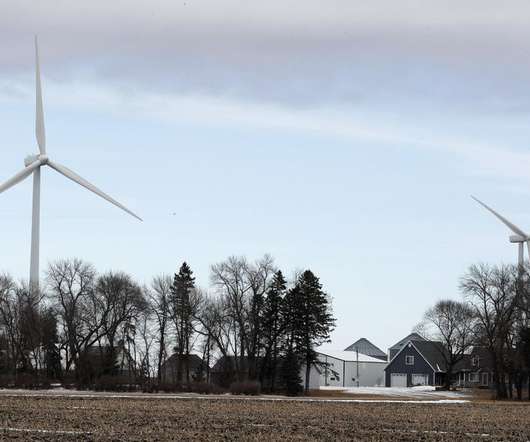
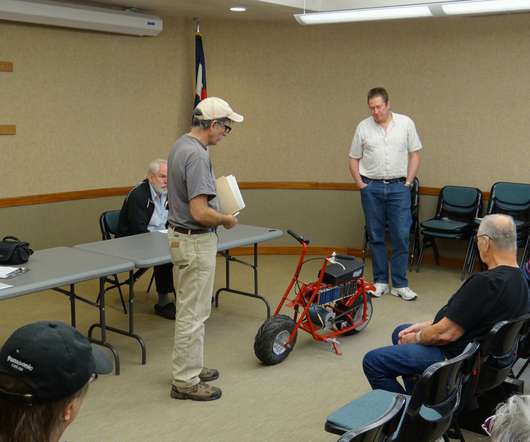














Let's personalize your content